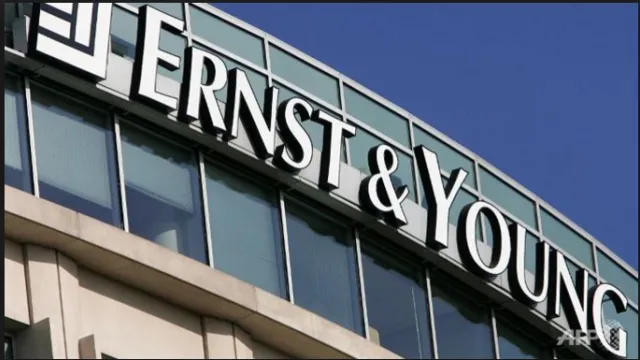EY Kenya blacklisted over Somalia project scandal

EY Kenya blacklisted over Somalia project scandal
Advisory firm Ernst & Young LLP (EY Kenya) has been slapped with a two-and-half-year ban by the World Bank Group owing to a conflict of interest by the consulting company in Somalia.
The World Bank said the 30-month debarment is in connection with sanctionable practices as part of the Somali Core Economic Institutions and Opportunities Program (SCORE) and the Second Public Financial Management Capacity Strengthening Project (PFM II) in Somalia.
According to a statement from Washington, SCORE was designed to improve the enabling environment for private and financial sector development and catalyze private investment and job creation.
"PFM II to establish and strengthen systems of domestic revenue mobilization, expenditure control, and accountability in the Federal Government of Somalia, Puntland State of Somalia, and Somaliland State," noted the World Bank.
EY Kenya has been sanctioned following its failure to disclose a conflict of interest during the selection and implementation of four contracts under the SCORE and PFM II projects, and the involvement of an agent in those contracts.
In addition, the global lender accused EY Kenya of making a provision for allowances to be paid to project officials during the execution of one of the contracts. " This conduct constitutes fraudulent and corrupt practices under the WBG Consultant Guidelines."
Read also: Blue economy and other opportunities Somalia brings to EAC
World Bank Group-funded projects and operations
As a consequence, EY Kenya and any affiliates it controls are now ineligible to participate in any World Bank Group-funded projects and operations.
The lender added that EY Kenya admitted culpability and offered to meet specified integrity compliance conditions as a requirement for release from debarment.
"This includes developing and implementing an integrity compliance program that reflects the principles set out in the WBG Integrity Compliance Guidelines. The company also commits to continue to fully cooperate with the WBG Integrity Vice Presidency."
The settlement agreement also provides for a reduced period of debarment in light of the company’s admission of the misconduct and cooperation, aspects of its existing integrity compliance program and voluntary remedial actions—including disciplinary action against the staff involved in the misconduct—and voluntary restraint from bidding for WBG-financed contracts during the settlement agreement negotiations.
The debarment of EY Kenya qualifies for cross-debarment by other multilateral development banks under the Agreement for Mutual Enforcement of Debarment Decisions that was signed on April 9, 2010, the WBG explained.



